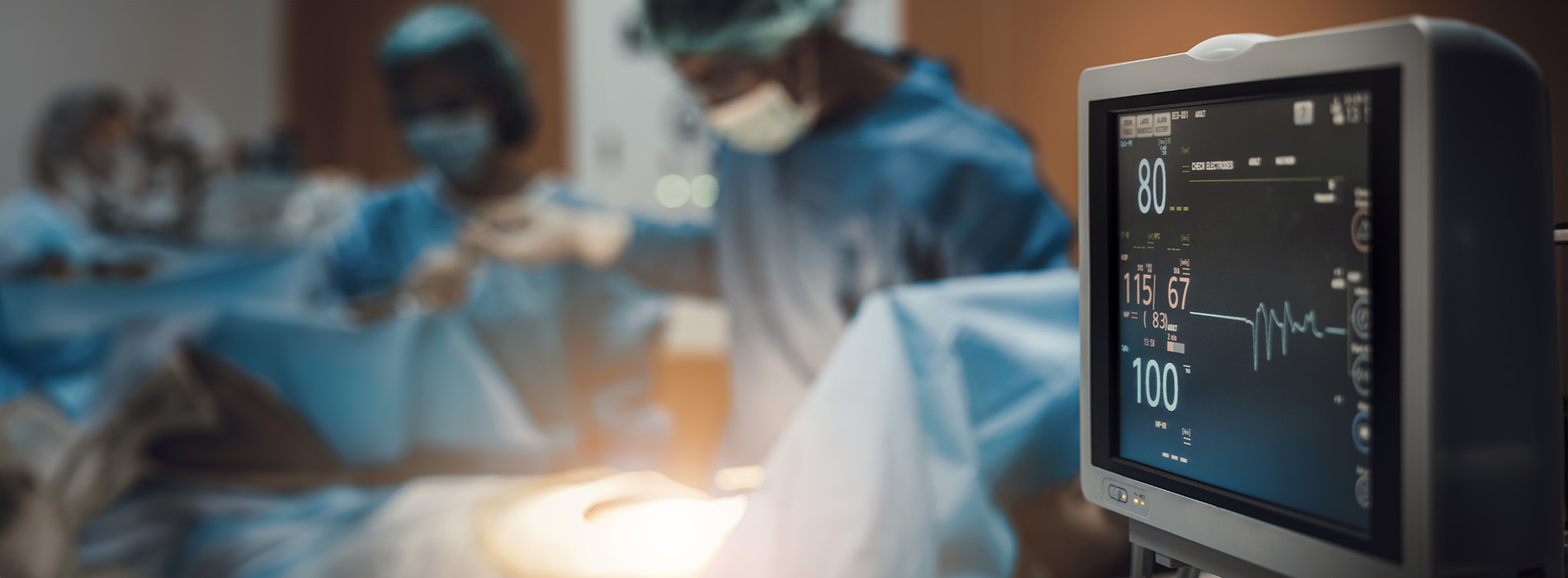Existing Patients
(212) 679-4488
New Patients
(212) 401-2665

At Heartwise Cardiology, David Harnick, MD, and Raymonda Rastegar, MD, offer ablation therapy as a treatment option for patients suffering from arrhythmias, such as atrial fibrillation or other irregular heartbeats. Ablation is a minimally invasive procedure that targets and destroys the abnormal tissue in the heart responsible for the irregular rhythm. This can help restore a normal heartbeat and reduce symptoms like palpitations, shortness of breath, and fatigue.
During the procedure, a catheter is inserted into the heart through a blood vessel, and radiofrequency energy or cryotherapy is used to destroy the problematic tissue. This treatment can improve your quality of life and, in many cases, reduce the need for long-term medication.
The team at Heartwise Cardiology works closely with you to determine if an ablation is the right solution for your condition, based on your unique heart health and symptoms. To learn more about how ablation therapy may help, contact the office in the Murray Hill neighborhood of Manhattan, or book an appointment online today.
Ablation therapy is a minimally invasive procedure used to treat certain types of arrhythmias (irregular heart rhythms). It works by using heat (radiofrequency) or cold (cryoablation) to destroy small areas of heart tissue that are causing abnormal electrical signals. By eliminating the source of the arrhythmia, the heart can return to a normal rhythm.
Ablation therapy is typically recommended for individuals who have not responded well to medications or who experience frequent or severe arrhythmias, such as atrial fibrillation, supraventricular tachycardia (SVT), or ventricular tachycardia. Your cardiologist will perform diagnostic tests to determine if this treatment is right for your specific condition.
Most patients can go home the same day or the following day after the procedure. Recovery is usually quick, with many people returning to normal activities within a few days. You may experience minor soreness at the catheter insertion site. Your provider will give you detailed instructions on activity restrictions, medications, and follow-up care.
